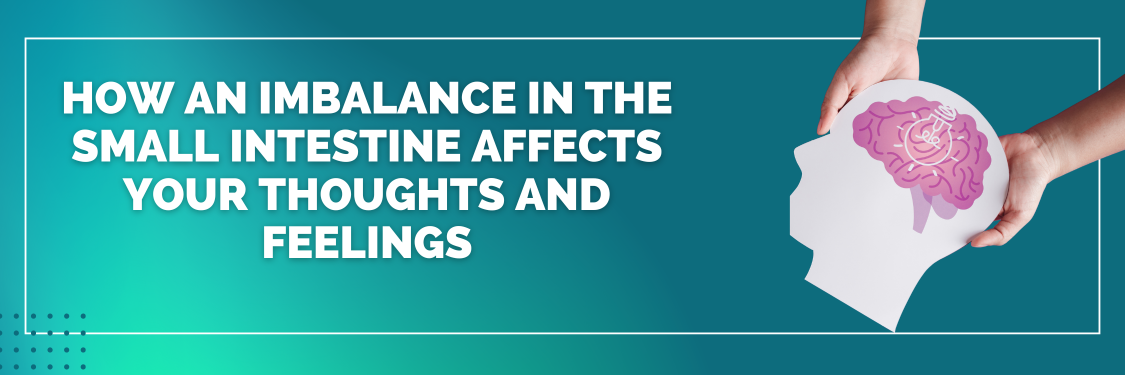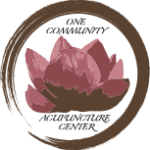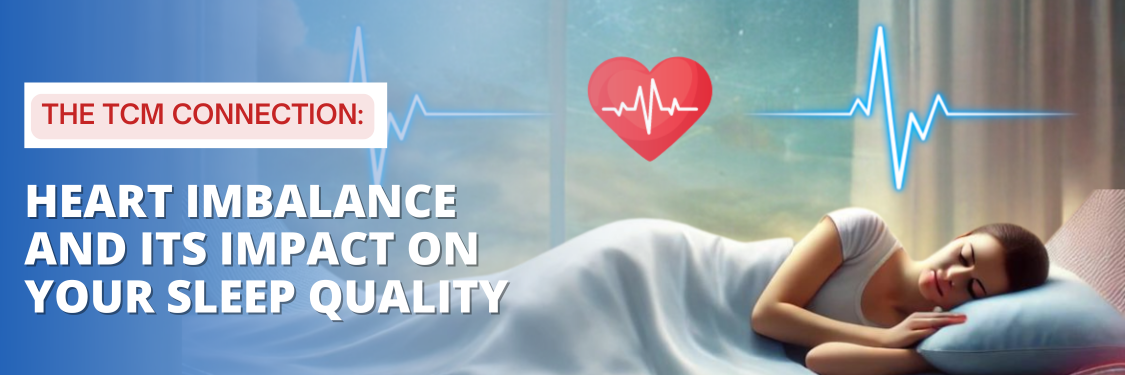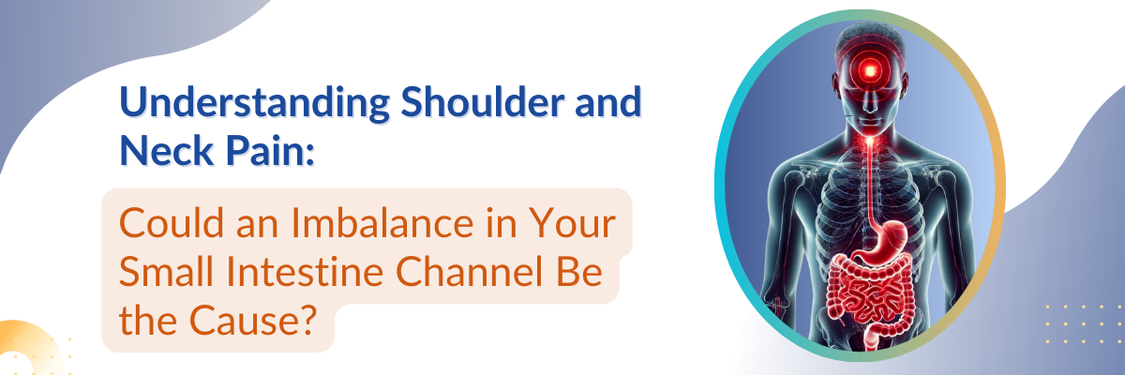
Are you a busy professional with a demanding job and a full schedule, balancing work with the needs of your family? Do you sometimes feel overwhelmed, lost in negative thoughts, or questioning your decisions? Are you struggling to separate what is important from what is not, finding it difficult to gain clarity or peace of mind?
If this sounds familiar, you are not alone. Many people experience these mental and emotional challenges, especially when life is stressful. In Traditional Chinese Medicine (TCM), these feelings could be related to an imbalance in your Small Intestine.
The Role of the Small Intestine in Your Mental and Emotional Health
In TCM, the Small Intestine is more than just a digestive organ. It plays a crucial role in helping you “separate the pure from the impure,” both physically and mentally. Just as the Small Intestine sorts nutrients from waste in your body, it also helps you process your thoughts and emotions, distinguishing healthy, constructive thoughts from unhealthy, harmful ones.
When the Small Intestine is out of balance, you may struggle with mental clarity and emotional stability. You might feel confused, indecisive, or overwhelmed by negative thoughts and feelings. This imbalance can lead to a cycle of stress and anxiety that feels hard to break.
Signs You Might Have a Small Intestine Imbalance
- Difficulty making decisions
- Feeling mentally cloudy or foggy
- Being easily overwhelmed by emotions
- Struggling to let go of negative thoughts
- Feeling disconnected from your own needs and desires
Three Ways to Improve Your Small Intestine Balance
If you are experiencing any of these signs, here are three steps you can take to start restoring balance to your Small Intestine and improve your mental and emotional clarity:
1. Foods to Include and Avoid:
Include: Incorporate foods that are easy to digest and nourishing, such as warm, cooked vegetables, whole grains like quinoa and brown rice, and lean proteins like chicken and fish. Foods that support digestive health, like ginger, pumpkin, and sweet potatoes, can also be beneficial.
Avoid: Try to minimize your intake of greasy, fried foods, processed snacks, and excessive dairy, as these can create internal dampness and heat, exacerbating the imbalance in the Small Intestine.
2. Herbal Teas:
Drink herbal teas that promote digestion and calm the mind. Peppermint tea can soothe the digestive system, while chamomile tea helps relax the mind and body. Fennel tea is also great for supporting digestion and relieving bloating, which can be a sign of Small Intestine imbalance.
3. Mindfulness Practice:
Incorporate a daily mindfulness practice to help you reconnect with your thoughts and emotions. Even just five to ten minutes of deep breathing, meditation, or journaling can make a significant difference. Focus on acknowledging your thoughts without judgment and gently guiding yourself back to the present moment. This practice can help clear mental fog and reduce the emotional overwhelm.
Take the First Step Toward Mental Clarity and Emotional Stability
If you have been struggling to separate healthy thoughts from unhealthy ones, or if you feel like you are drowning in stress and confusion, it might be time to consider Traditional Chinese Medicine treatments. Through acupuncture, herbal remedies, and tailored dietary advice, you can restore balance to your Small Intestine and experience a profound transformation.
Imagine waking up with a clear mind, feeling emotionally stable, and confident in your decisions. You can navigate your busy life with calm and clarity, knowing that your thoughts and feelings are aligned with your true self. Do not wait for the overwhelm to grow. Start your journey toward mental and emotional well-being today.
Ready to experience this transformation? Schedule an appointment online or if you have any questions, call or text us at 630-837-3231. Let us work together to bring balance back to your life



















